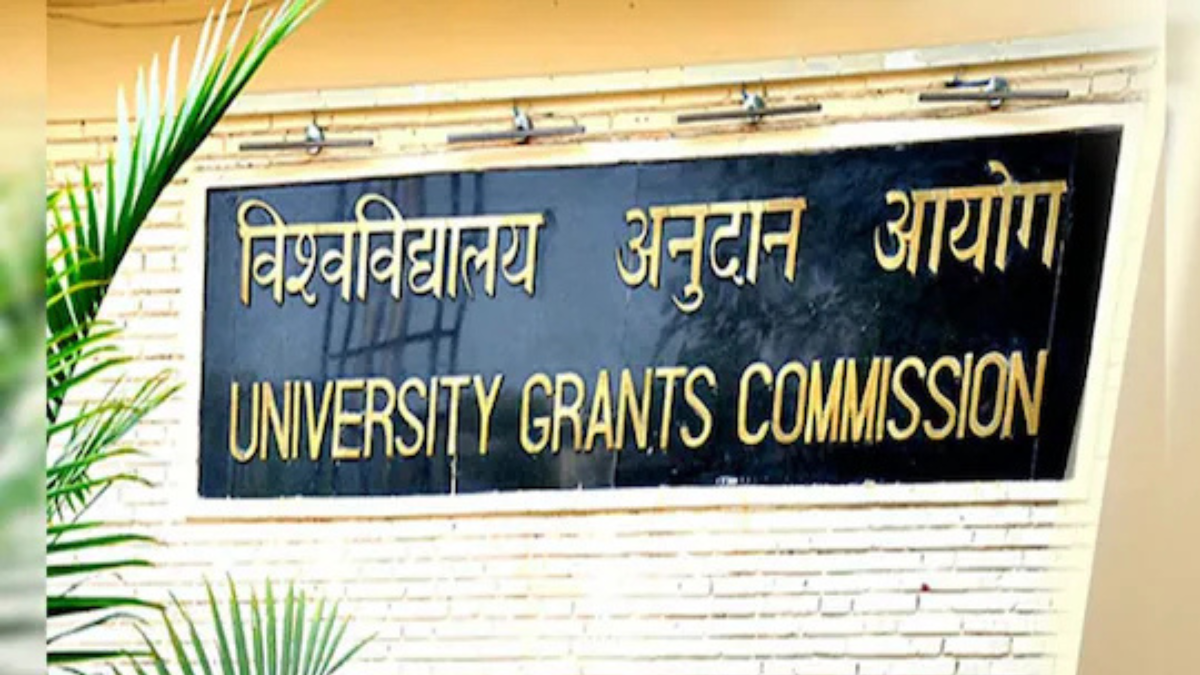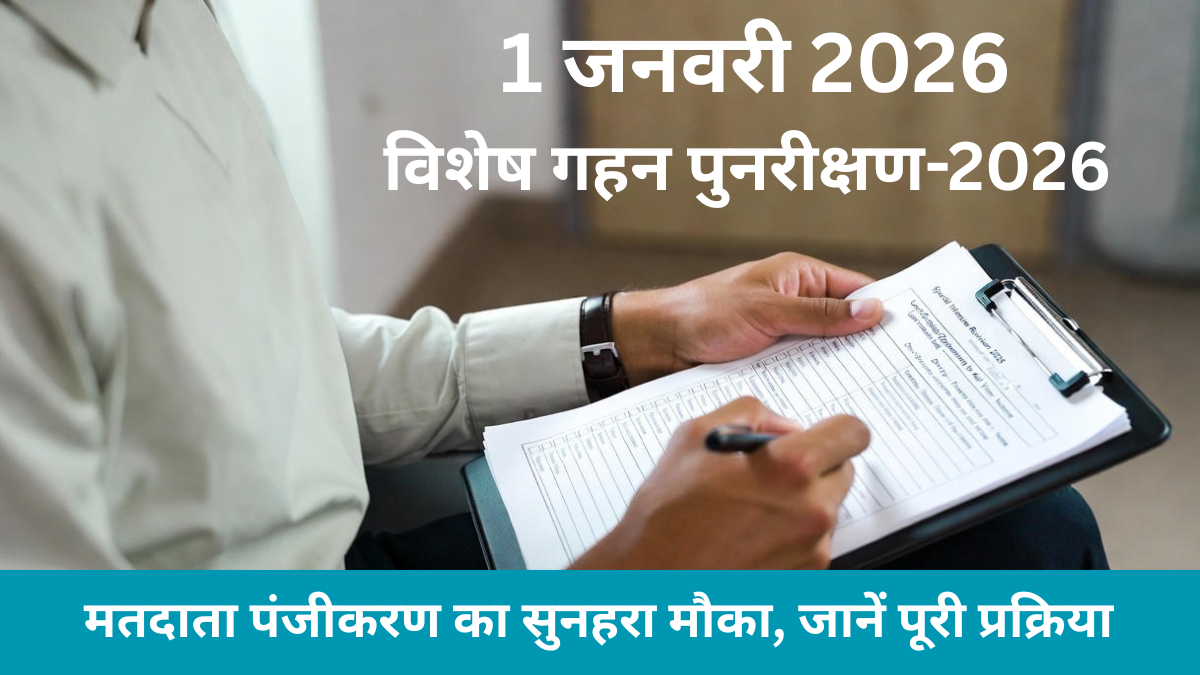|
Getting your Trinity Audio player ready...
|
UPI Tax Rule Update : In recent days, there has been a buzz on social media and messaging platforms claiming that UPI (Unified Payments Interface) transactions above ₹2,000 will now attract an 18% Goods and Services Tax (GST).

This has understandably caused concern among users who heavily rely on UPI for their daily transactions — from paying bills to shopping online, or even splitting a restaurant bill with friends.
But is this information true? Will you now have to pay extra every time you transfer more than ₹2,000 via UPI?
Let’s break down the facts.
The Viral Claim
Several viral posts on X (formerly Twitter), WhatsApp forwards, and social media reels are claiming that:
“Any UPI transaction above ₹2,000 will now attract 18% GST.”
This statement has sparked fear and confusion, especially among small business owners, students, and digital-first consumers. People are asking: Does this mean I’ll lose ₹360 on every ₹2,000 sent?
The answer, however, is no — not quite.
What the Government Actually Said
As of now, there is no official announcement from the Ministry of Finance, RBI, or NPCI (National Payments Corporation of India) confirming the imposition of GST on regular UPI transactions above ₹2,000.
However, here’s what’s important to understand:
- UPI transactions between individuals (P2P – Peer to Peer) remain free and do not attract GST.
- The GST is being discussed in the context of merchant transactions (P2M – Person to Merchant), and not for general users.
- Even in the case of merchant transactions, the GST is on services provided by payment platforms — not on the actual transaction amount.
Then Where Did 18% GST Come From?
The 18% GST figure relates to charges that may apply to payment service providers or fintech companies offering prepaid payment instruments (PPIs) like wallets or prepaid cards.
In April 2023, the NPCI allowed interchange fees of up to 1.1% on certain UPI transactions done via PPIs
(like PhonePe Wallet, Paytm Wallet, etc.), but not on bank account-to-bank account UPI transfers, which
make up the majority of transactions in India.
That interchange fee can attract 18% GST, but again — it is charged to businesses or platforms, not end
users. Consumers are generally unaffected unless explicitly told by the merchant or app.
RBI and NPCI Clarification
In previous cases when such rumors went viral, both the RBI and NPCI clarified that:
“UPI is a digital public good with immense convenience for the public and productivity gains for the
economy. There are no charges for bank account to bank account based UPI payments.”
This means the regular UPI payments — whether it’s transferring money to a friend, paying a vendor, or
scanning a QR code for groceries — remain free for the user.
Should You Worry?
No, if you’re an average consumer using UPI from your bank account, you don’t have to worry about paying any GST or extra charges.
Yes, if you’re a business using third-party wallet-based UPI or receiving payments via certain platforms, you might want to check the fine print of your service provider — but even then, the GST is likely already factored into the platform’s service fee, not added separately on every ₹2,000 transaction.
Final Verdict: No 18% GST on Your Personal UPI Transactions
The claim that UPI transactions above ₹2,000 will now attract 18% GST is misleading and lacks official backing.
There is no GST levied on general UPI transactions made from bank accounts. The confusion seems to have stemmed from a misinterpretation of B2B (business-to-business) payment processing rules and wallet-based systems.
So, go ahead — scan that QR code, send that rent money, or pay your local sabziwala — without any GST worries.
Stay Informed, Not Alarmed
In an age of rapid digital change and even faster misinformation, it’s essential to cross-check financial updates with credible sources such as RBI, NPCI, or government press releases.
Keep using UPI smartly — it’s still one of the most efficient and user-friendly ways to transact in today’s digital India.





















